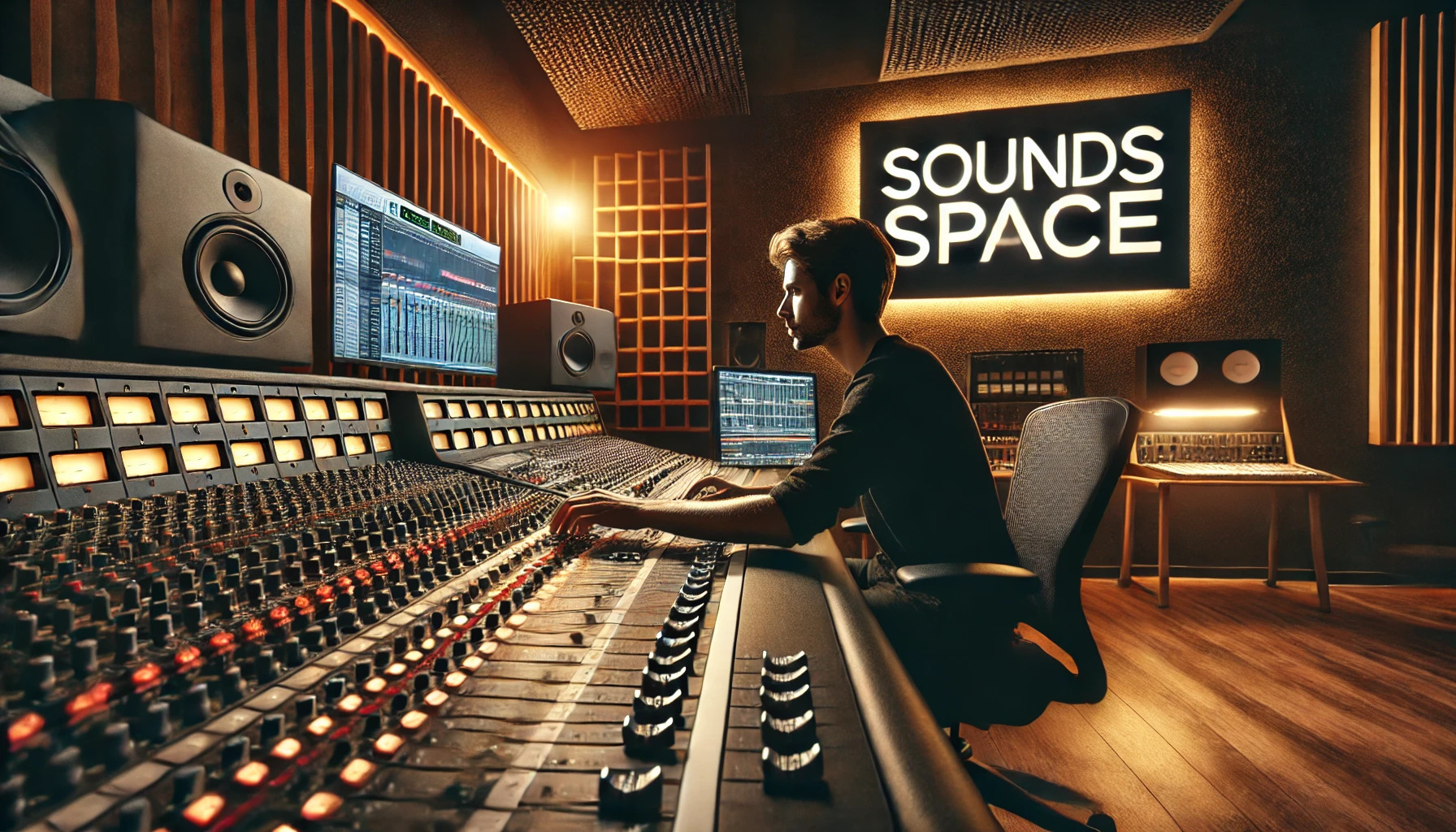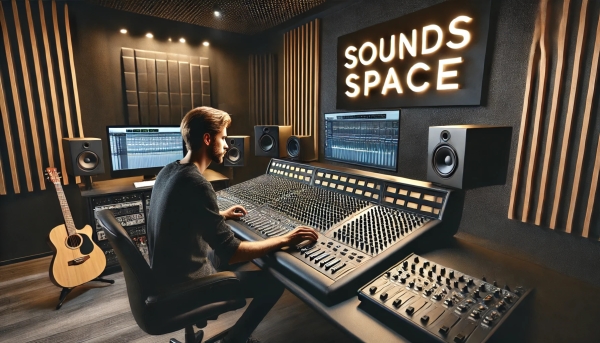The Importance of a Mixing and Mastering Engineer in a Project
When it comes to music production, the final sound is often the defining factor between a good track and a great one. While artists and producers receive much of the credit for the creativity behind a song, the role of a mixing and mastering engineer is equally vital. These professionals bridge the gap between raw creativity and polished perfection, ensuring a track is ready for both artistic expression and commercial success.
What Does a Mixing Engineer Do?
A mixing engineer's primary role is to blend all the individual tracks of a song into a cohesive, harmonious mix. This includes balancing levels, panning instruments across the stereo field, equalizing frequencies, applying effects, and enhancing the dynamics. Their goal is to ensure every element in a track complements the others without clashing or overpowering.
Imagine a band recording a song: the vocals, guitars, bass, drums, and other instruments are all captured on separate tracks. The mixing engineer ensures these tracks work together, allowing the listener to hear every detail clearly. For example, they might bring the lead vocal to the forefront while subtly enhancing the bassline to add depth. They can also create spatial effects, like reverb and delay, to give the track a sense of dimension.
The Role of a Mastering Engineer
Once the mix is complete, it’s the mastering engineer’s turn to shine. Mastering is the final step in the audio production process, where the engineer ensures the track sounds consistent across all playback systems, from high-end studio monitors to car stereos and earbuds. This stage involves fine-tuning the overall EQ, compression, and limiting, as well as optimizing the loudness level to meet industry standards.
Mastering engineers also prepare the final version of the track for distribution, whether it’s for streaming platforms, vinyl pressing, or CD duplication. They ensure that the transitions between songs on an album feel seamless and cohesive, maintaining a uniform sound quality across the project.

Why Are These Roles So Important?
-
Professional Sound Quality
A song may have brilliant lyrics and a captivating melody, but without proper mixing and mastering, it can sound amateurish. Mixing engineers bring clarity to the chaos of raw tracks, while mastering engineers add the final polish, making a song ready for professional release. -
Balance and Consistency
Mixing ensures that no single element overshadows another, creating a balanced sound. Mastering, on the other hand, guarantees consistency across all tracks in a project, ensuring they sound like they belong together. -
Enhancing Emotional Impact
Good mixing and mastering enhance the emotional impact of a song. For instance, a skilled engineer can amplify the intensity of a chorus or make a delicate bridge section more intimate, ensuring the listener connects deeply with the music. -
Compatibility Across Platforms
With the proliferation of digital streaming platforms, ensuring compatibility is more crucial than ever. Mastering engineers ensure your music sounds great whether it’s played on Spotify, YouTube, or a live radio broadcast. -
Saving Time and Effort for Artists
For artists, focusing on the creative aspects of music is often the top priority. Entrusting mixing and mastering to professionals allows artists to dedicate their energy to writing, composing, and performing, leaving the technical intricacies to experts. -
Industry Standards and Competitiveness
In a competitive music industry, tracks must meet professional standards to stand out. Mixing and mastering engineers bring their expertise, ensuring that your music holds its own against the biggest names in the industry.
The Human Element in Audio Engineering
While advanced software and plugins have made mixing and mastering more accessible, the human touch remains irreplaceable. A skilled engineer brings years of experience, trained ears, and artistic sensibility to the table. They don’t just apply technical skills; they make creative decisions that align with the artist’s vision while appealing to listeners.
Conclusion
The roles of mixing and mastering engineers are crucial in shaping the final sound of a music project. They transform raw recordings into polished masterpieces, ready to captivate audiences worldwide. Without their expertise, even the most beautifully written song might fall flat.
For artists and producers aiming to elevate their music, investing in skilled mixing and mastering engineers isn’t just an option—it’s a necessity. These professionals ensure that your creative vision is realized with the highest quality, making your music resonate deeply with listeners and shine in a competitive industry.



